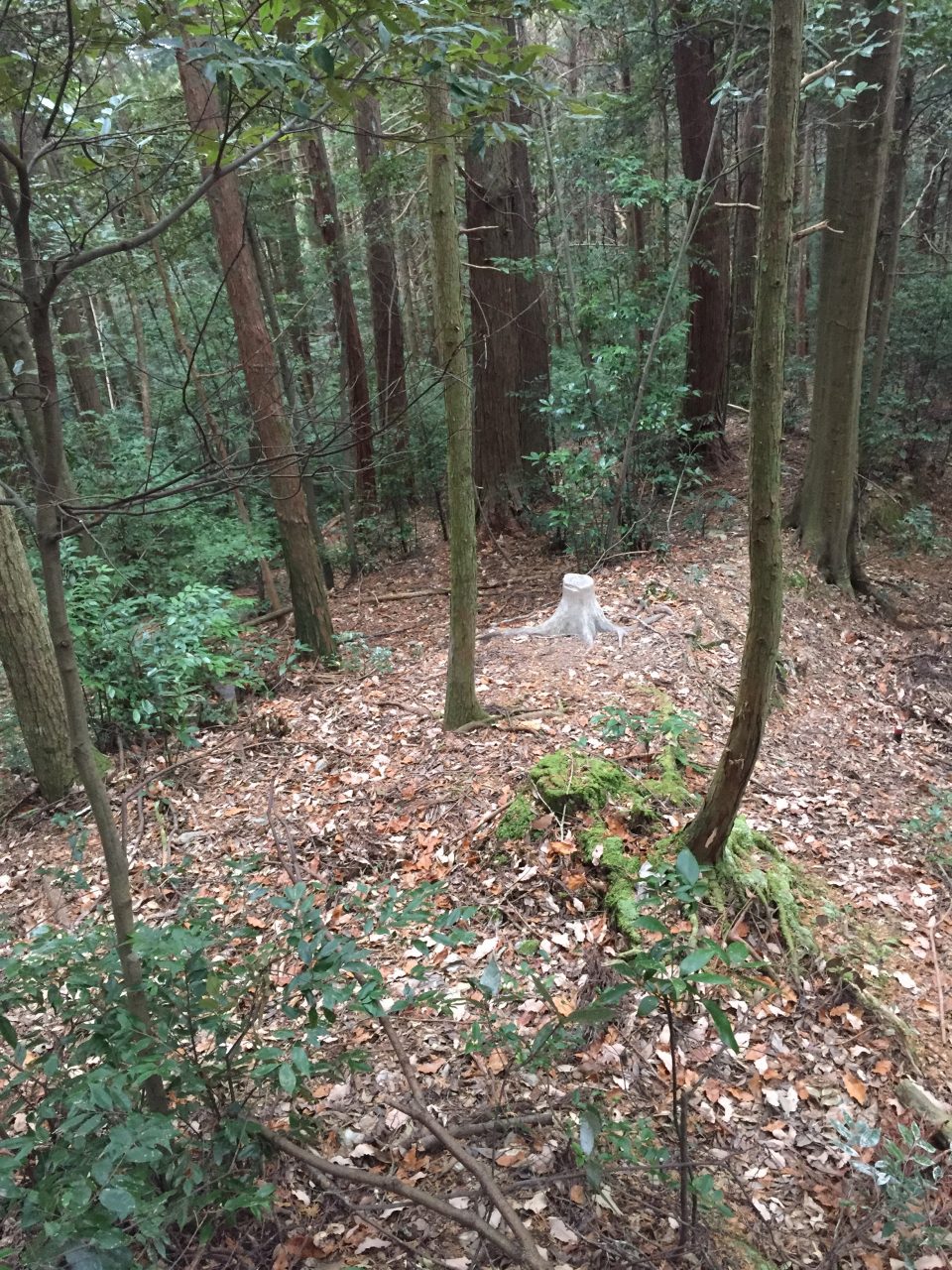
Subtitles Vol. 1
Diary 2011.9.27
I made a short film a while back: ‘Subtitles Vol.1’ that was shown in an old hairdressers shop in Yorii, Kamiyama as part of the Ka-mi-ya-market.
The shop isn’t really a business any more; the owner uses it as a kitchen/dining room but the old hairdressing equipment is still there. It was a beautiful space, very unusual, historic and intimate. The audience sat on the old hairdressing chairs with helmet-dryers dangling over their heads. The windows were covered and the soundtrack grunted and the projector hissed..
‘Subtitles Vol.1’ is the first in a planned series of short films that deal with language specifically in the context of moving to a foreign country (which is Japan). So it is autobiographical. The text is taken directly from Japanese language learning books, subtitled in romaji (rather than hiragana or katakana, or kanji) because romaji is the most straightforward way for students of Japanese to learn the language (apparently). Romaji is not something many Japanese people are used to reading and I heard it was quite difficult for them to catch the subtitles. The foreign people and younger people found reading the subtitles more natural, but whether or not they understood them is another matter.
So what exactly is the film trying to say? I always hesitate when I have to answer this question. Why not read this instead? It’s a passage from a letter written to Andrei Tarkovsky (from his book ‘Sculpting in Time’):
’ … How many words does a person know?’ she asks her mother. ‘How many does he use in his everyday vocabulary? One hundred, two, three? We wrap our feelings up in words, try to express in words sorrow and joy and any sort of emotion, the very things that can’t in fact be expressed. Romeo uttered beautiful words to Juliet, vivid, expressive words, but they surely didn’t say even half of what made his heart feel as if it was ready to jump out of his chest, and stopped him breathing, and made Juliet forget everything except her love?
‘There’s another kind of language, another form of communication: by means of feeling, and images. That is the contact that stops people being separated from each other, that brings down barriers. Will, feeling, emotion—these remove obstacles from between people who otherwise stand on opposite sides of a mirror, on opposite sides of a door… . The frames of the screen move out, and the world which used to be partitioned off comes into us, becomes something real …’

itoi+ru-san
Itoi-san - Kanuma soil. Likes salmon sashimi, dislikes entrails of sea cucumber. Ru-san - Lancashire hotpot. Creative type. Likes being outdoors. Dislikes status. Together we are ITOI ARTS a project in divergent creativity in the mountains of Shikoku, Japan. 四国の山奥、多様な創作、アートとは。 //イベント時のみオープン// \\ふだんはただの家//
Articles by itoi+ru-sanTo comment
コメントを残す
“Diary”Latest bulletin
“Diary” archives- Aki Rika (12)
- Chan (11)
- Claire Tanaka (3)
- Folklore and History (1)
- Karin van der Molen (13)
- Rakuon Rakujitsu (1)
- Taste of Kamiyama (4)












Comments
I loved it! Thank you so much of thinking of me! It has a Tarkovsky quality but also a Rufus quality! the train sequence is brilliant! Lots of love, Irena
09/27/2011 3:49 AM | Irena Trnkova Farrell
Thank you Irena - Tarkovsky, what a complement!! I think i'll find time for Vol 2 very soon..
09/27/2011 8:07 AM | ル